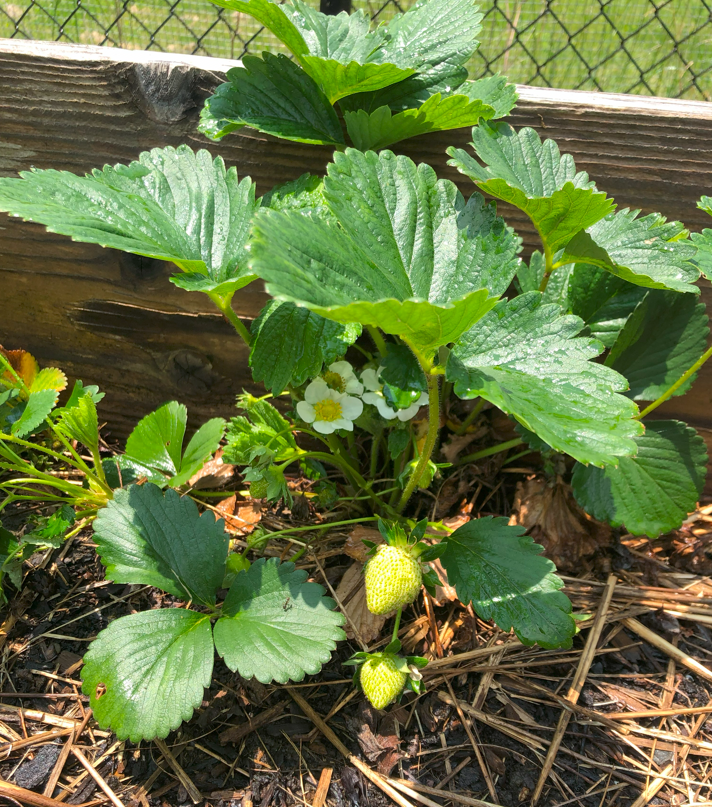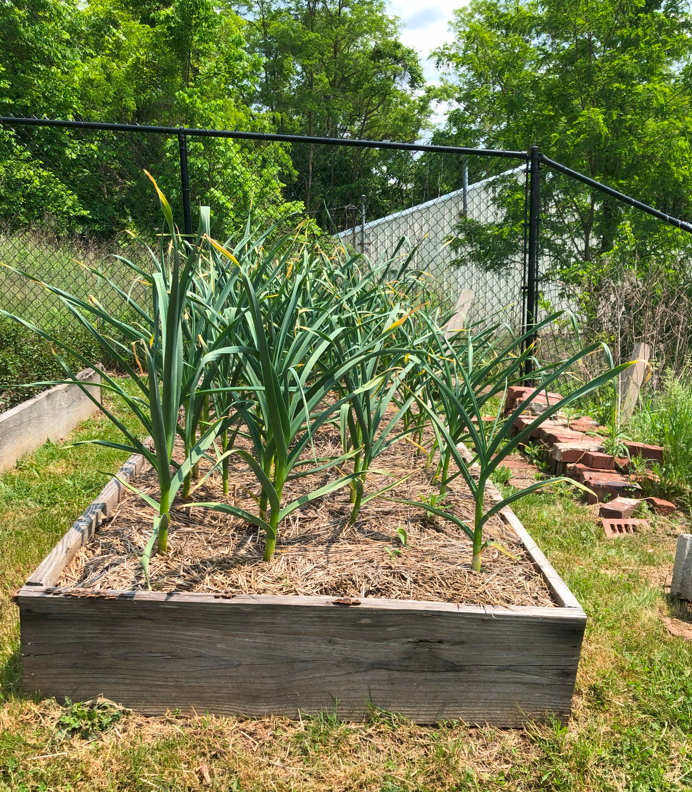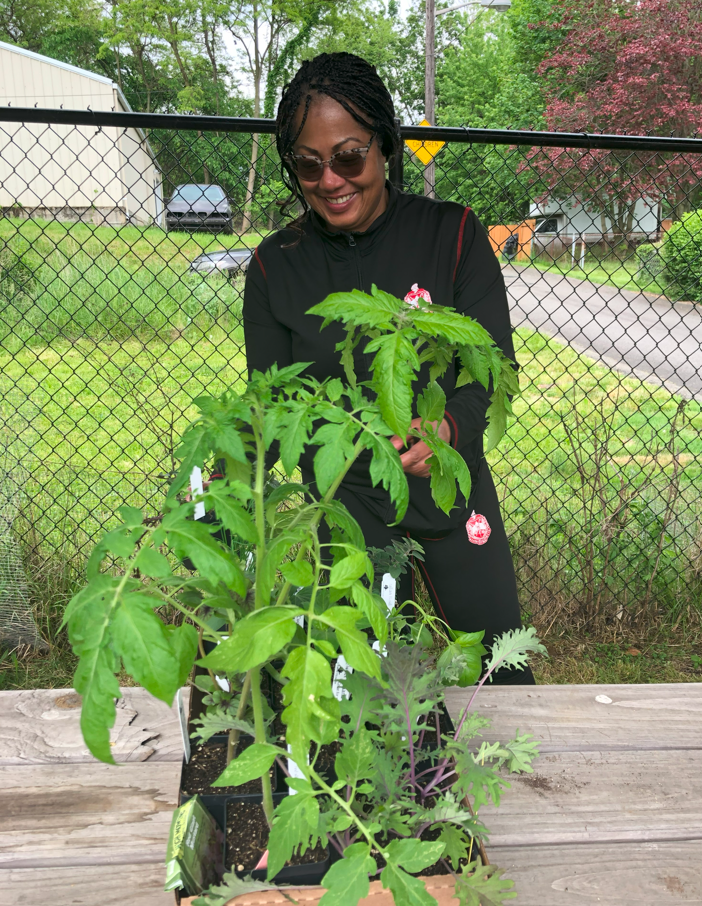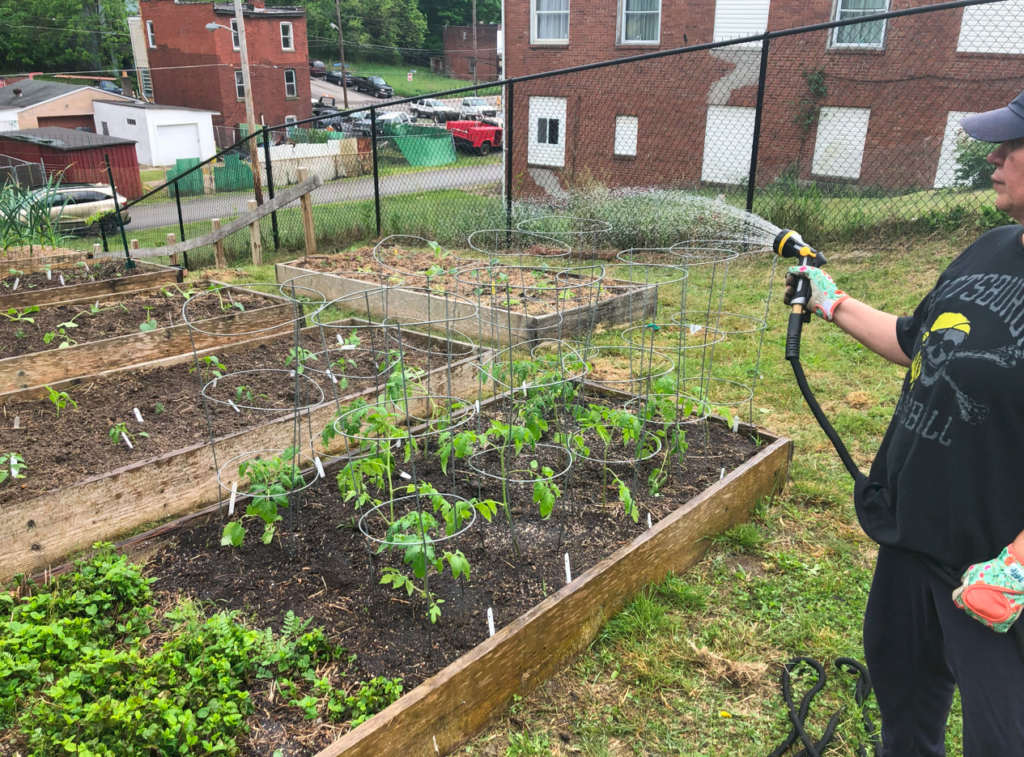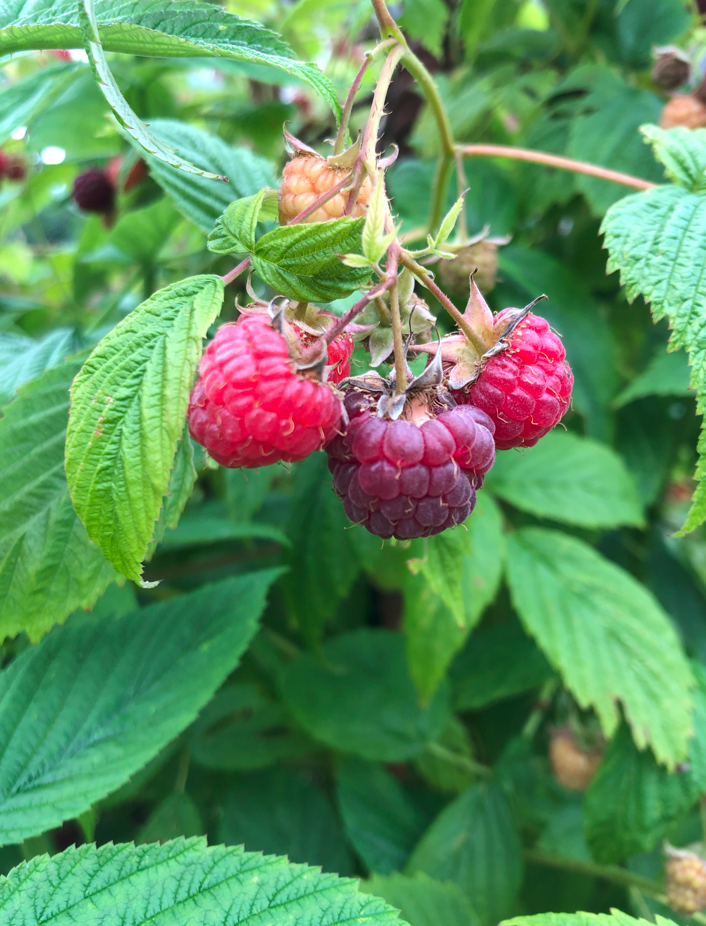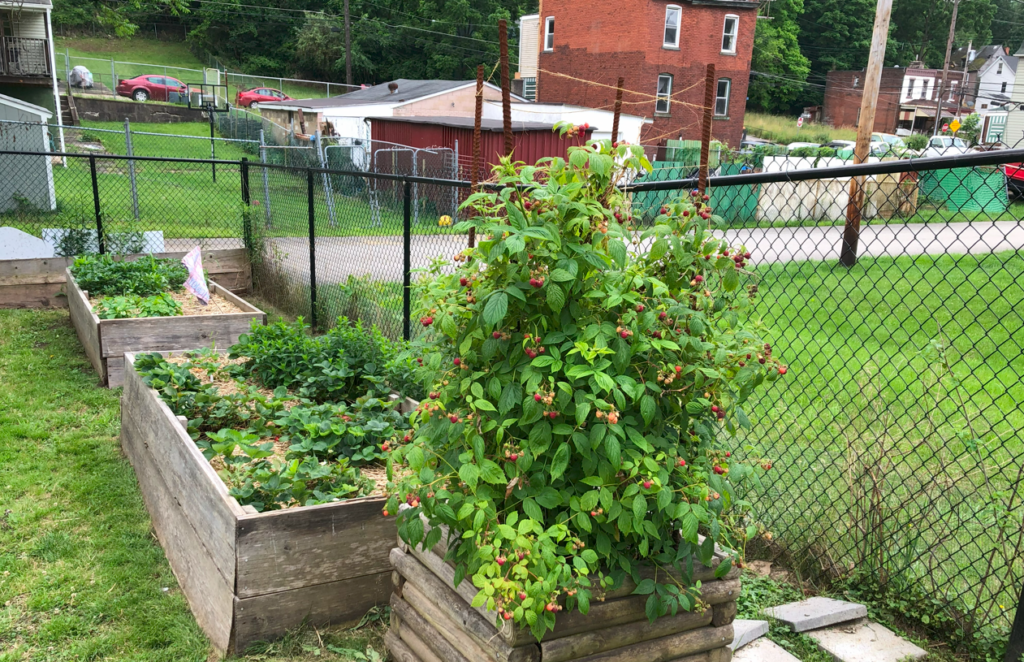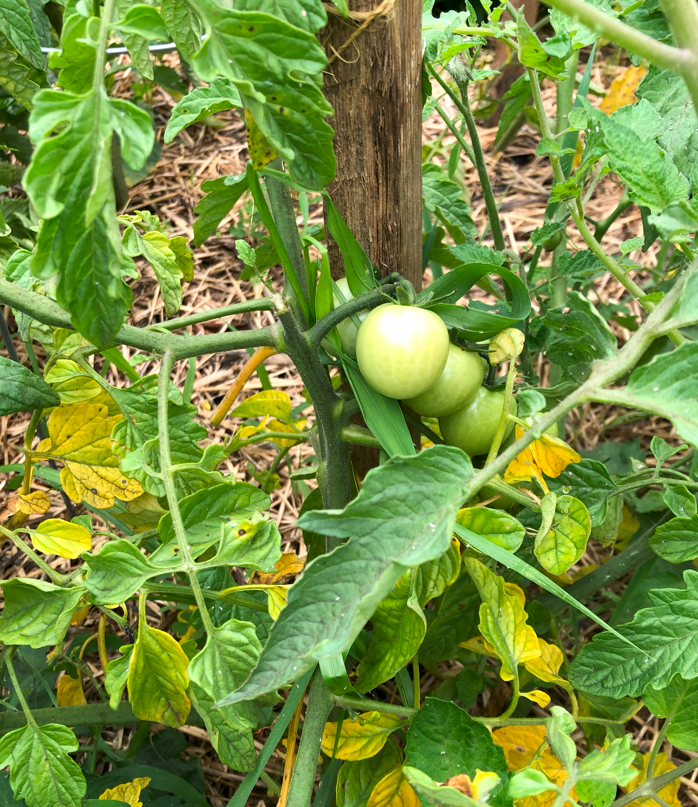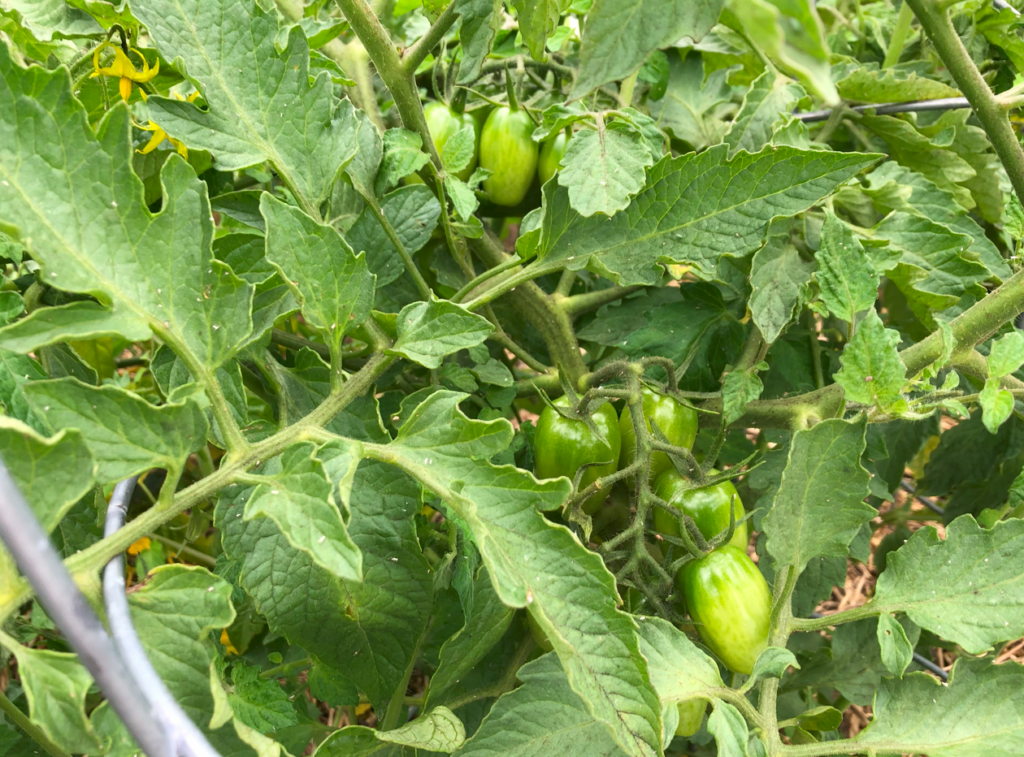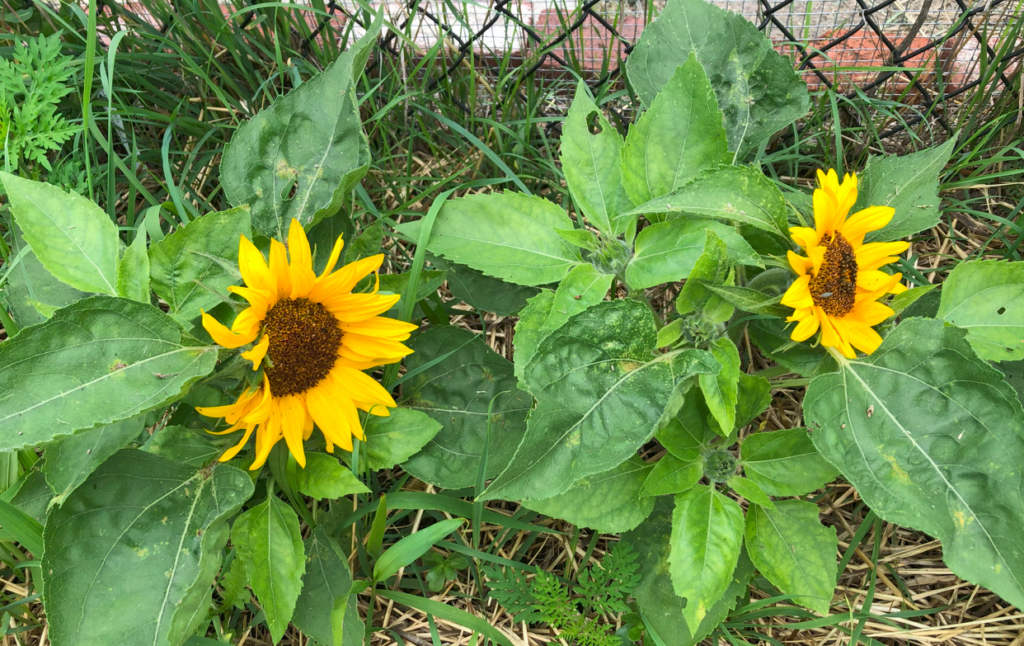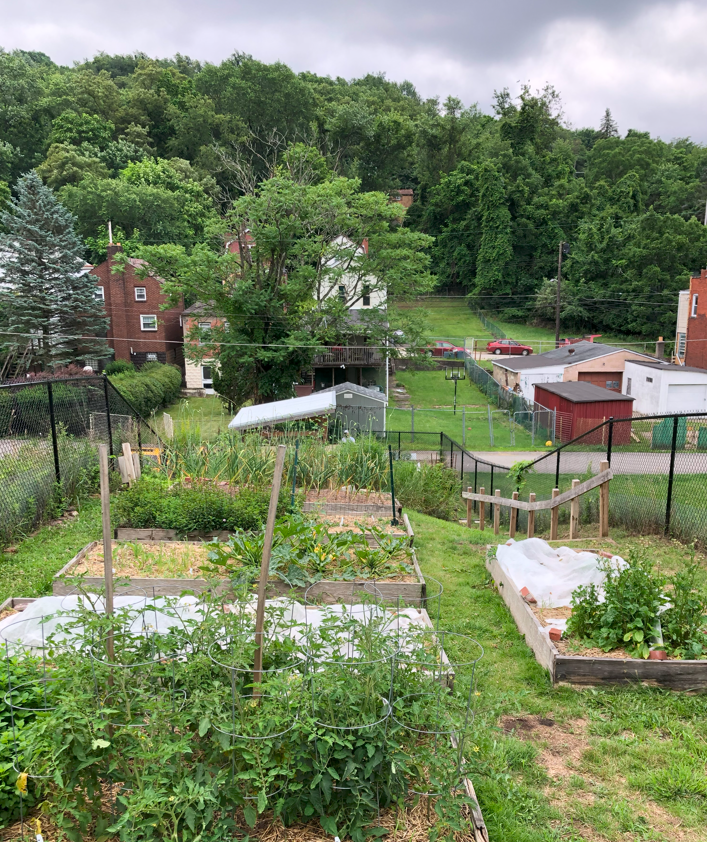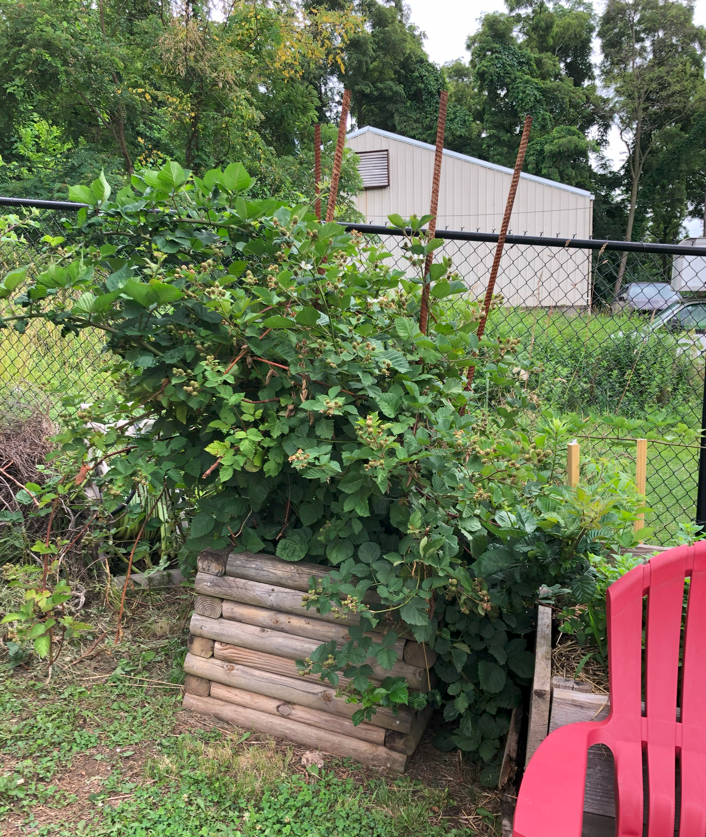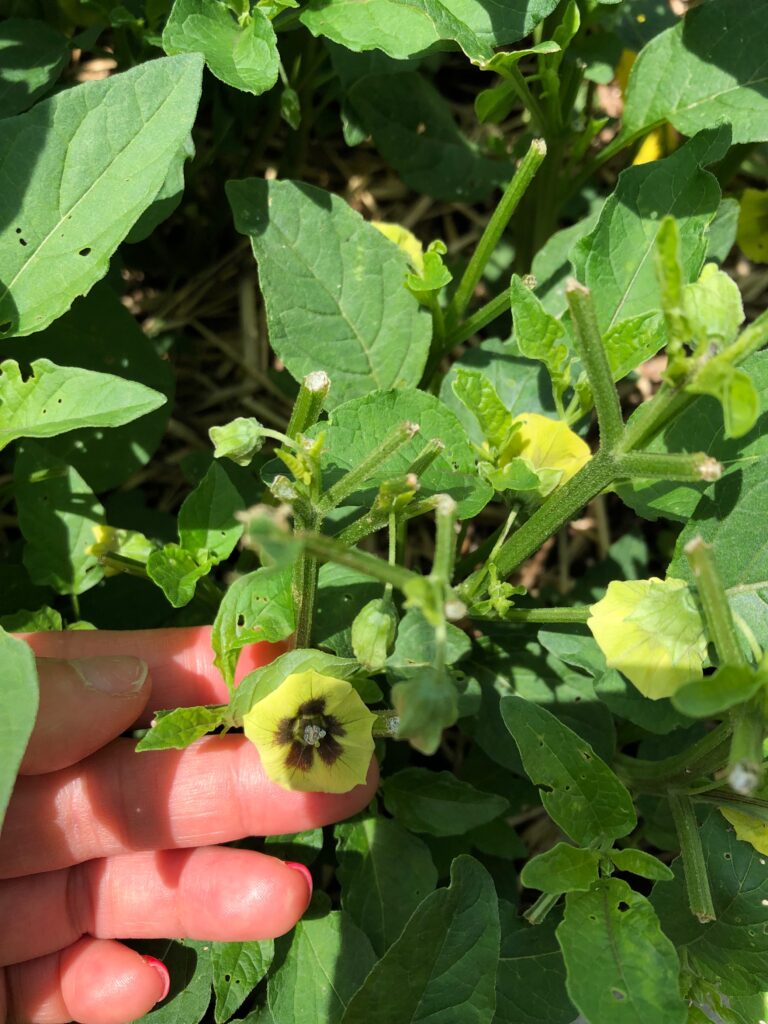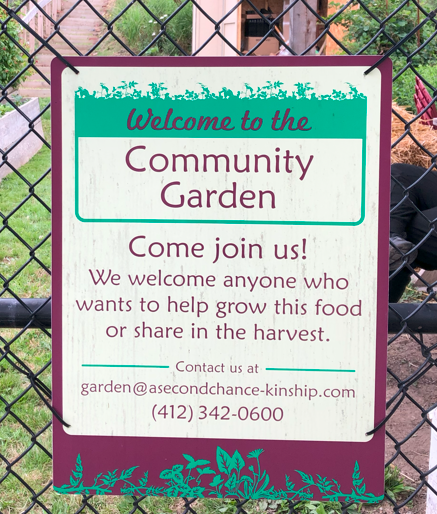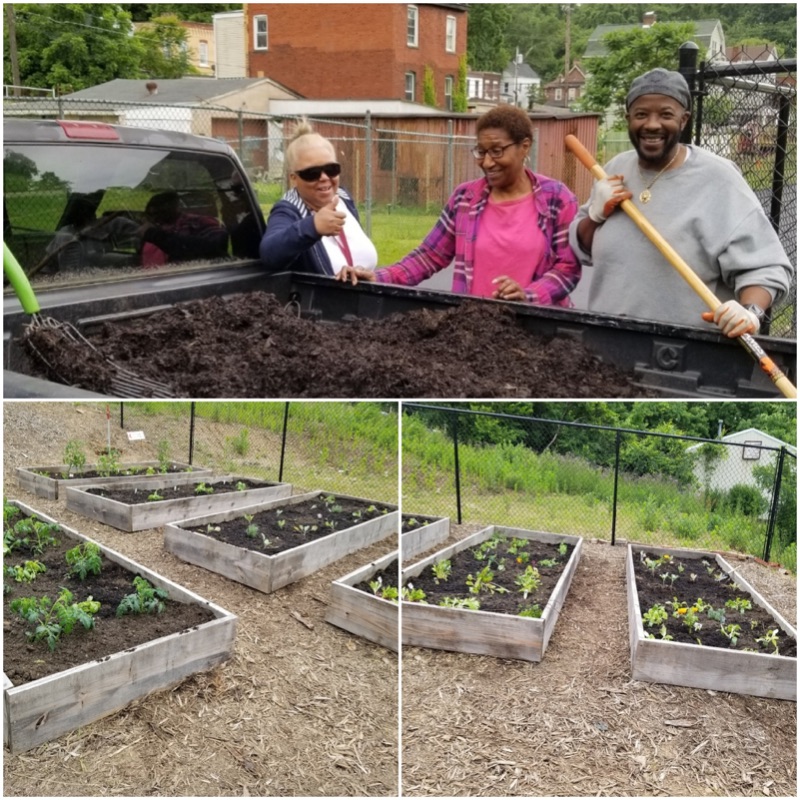
To address food insecurity in our own Pittsburgh community, in partnership with Latino Health Access, ASCI has cultivated a community garden open to residents in surrounding neighborhoods as a resource for families who are food insecure since 2019. The community garden is a peaceful, therapeutic, and protected environment utilized to grow food while strengthening the bonds of the community, harvesting not only fruits and vegetables but also longtime relationships.
Our motto is: Teach me to garden, and I will eat healthy forever.
In 2022, it was reported that 89.8 percent (118.5 million) of U.S. households were food secure throughout 2021. Although that is a high percentage, 10.2 percent (13.5 million) of U.S. households were food insecure at some time during 2021.
Household food insecurity affected 12.5 percent of households with children in 2021. In some of these food-insecure households, only adults were food insecure, while in other households children also experienced food insecurity. In 6.3 percent of households with children, only adults were food insecure. Both children and adults were food insecure in 6.2 percent of households with children (2.3 million households). Children are usually protected from substantial reductions in food intake even in households with very low food security. Nevertheless, in about 0.7 percent of households with children (274,000 households), one or more children also experienced reduced food intake and disrupted eating patterns at some time during the year.
Food insecurity refers to a lack of available financial resources for food at the household level. According to Hunger + Health in partnership with Feeding America, most households in urban communities fall victim to this complex issue. It does not exist in isolation, as low-income families are affected by multiple, overlapping issues like affordable housing, social isolation, health problems, medical costs and low wages. Many do not have what they need to meet basic needs, and these challenges increase a family’s risk of food insecurity.
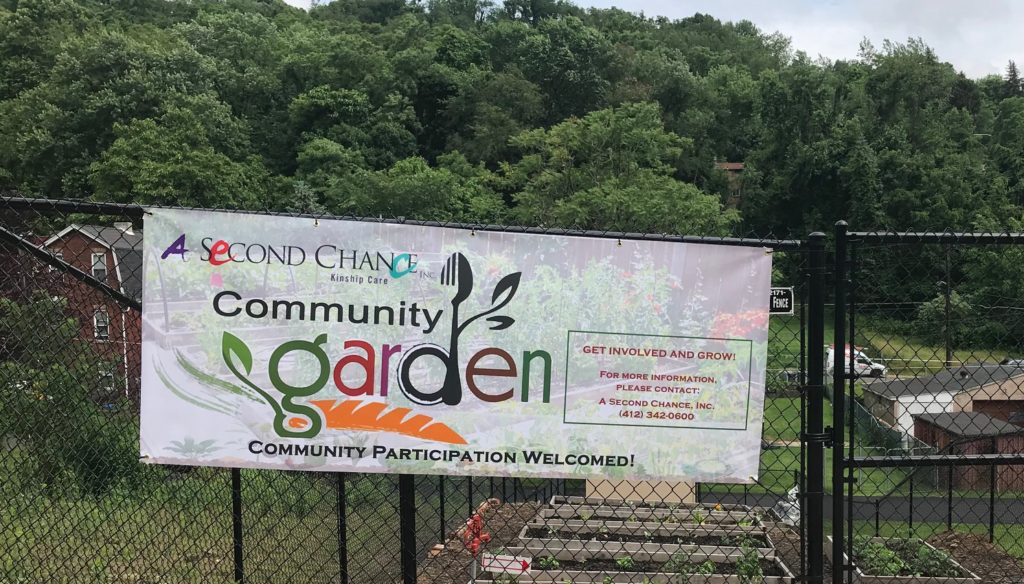
Micro-Gardening Is Empowering!
Micro-gardening is the practice of cultivating vegetables, herbs, roots, and tubers in small spaces. These small spaces may be balconies, patios, rooftops, or small yards, and make use of containers—anything from plastic-lined wooden crates and old car tires to plastic buckets, trash cans, and wooden pallets. Micro-gardening is a community-focused solution that embraces collaboration between various sectors that share the concern of food disparity. At the same time, it prepares the youth population to tackle challenges the future may bring.
See what’s sproutin’ in 2023!
